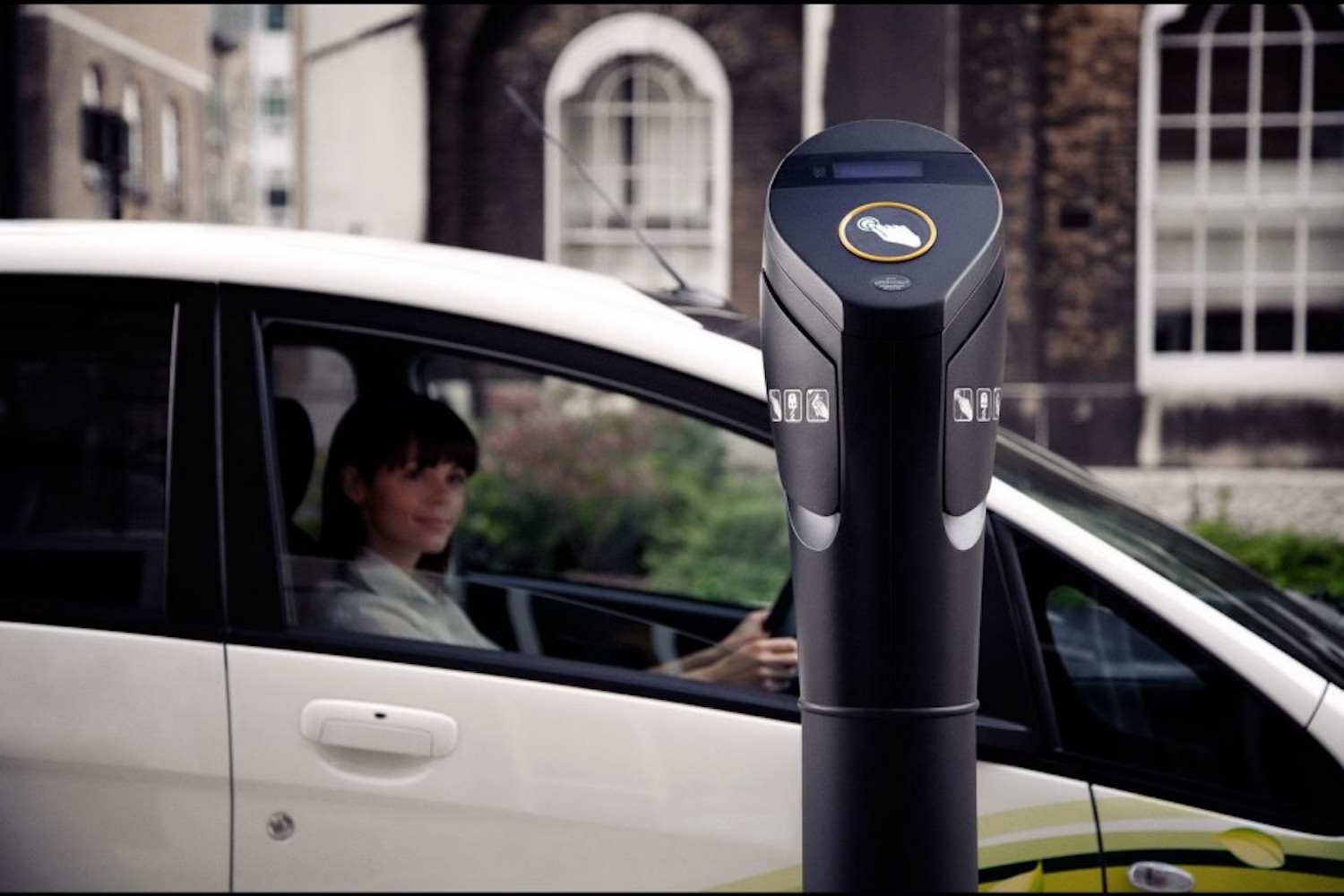The EU parliament has taken a major step towards making life easier for Europe's electric car drivers. In a vote taken in the parliament, MEPs have ratified proposals to ensure higher charger-per-vehicle numbers and to require charging hubs at 60km intervals along major routes.
Mandated debit and credit card payments
The 'Alternative Infrastructure Regulation' also includes a requirement for "comprehensive coverage on minor roads and in towns and cities too," and, most critically, it says that payments for public charging should be done through people's debit and credit cards, which should hopefully see an end to needing half-a-dozen RFID cards for different charging providers (most of which never work anyway...). Charging providers would still be able to provide their own preferential setups via a card or QR code.
The price charged per kWh should be clearly displayed per current petrol and diesel pump regulations.
The plan calls for a levelling-up of charging infrastructure in markets which so far have been reluctant to take up EVs (notably countries in eastern Europe) as well as mandating a minimum level of public charging capacity per EV on the road for more mature, predominantly western markets. Charging point operators would also have to ensure their network is in proper condition, maintained, and swiftly repaired in case of any malfunction.
Truck charging and hydrogen stations
The vote doesn't just involve cars - the plans call for improved EV charging access for trucks and vans too. According to environmental think-tank Transport & Environment (T&E): "EU countries would be required to have 2,000kW charging capacity every 60km along the bloc's main transport routes in 2025, rising to 5,000kW in 2030. From 2030 onwards the targets will apply to the entire TEN-T road network. Recharging at a 700-900kW charger during a mandatory driver rest-break is enough for almost all trucks to complete their daily journey."
Hydrogen refuelling infrastructure is also set to improve. The plans call for hydrogen filling points at 100km intervals along major routes, although the plan criticised the decision to retain targets for LNG gas-powered goods vehicles.
Fabian Sperka, vehicles policy manager at T&E, said: "For years anxiety over infrastructure has held back the electrification of road transport. This law should calm any fears and ensure that charging will always keep pace with EVs on the road."
'Decarbonisation bottleneck'
The BEUC, the EU's consumer protection agency, has also welcomed the vote. Monique Goyens, Director General at BEUC, commented: "All signs point to a future where driving is electric. Research shows that electric vehicles are good for people's wallets and the environment. Consumer organisations applaud that MEPs are calling for a well-functioning charging infrastructure, transparent prices per kilowatt-hour, and easy payment by debit or credit card. We urge EU member states to echo the consumer measures proposed by Parliament, which should cure anyone's range anxiety once and for all."
The European Parliament rapporteur on alternative fuels infrastructure, Ismail Ertug, said: "At the moment we have 377,000 charging stations in the EU, but this is half the amount that should have been achieved had EU countries lived up to their promises. We need to tackle this decarbonisation bottleneck and quickly roll out the alternative fuels infrastructure to save the Green Deal."
It's important to note that a vote by the European Parliament does not automatically transfer anything into law. The next stage will be for the proposals to be reviewed by the Council of Europe, made up of the foreign ministers of all the EU nations. If passed by the Council, the package will then have to be ratified by the individual parliaments of the EU's nations - there's a lot of space and time for these proposals to be watered down, sadly.

